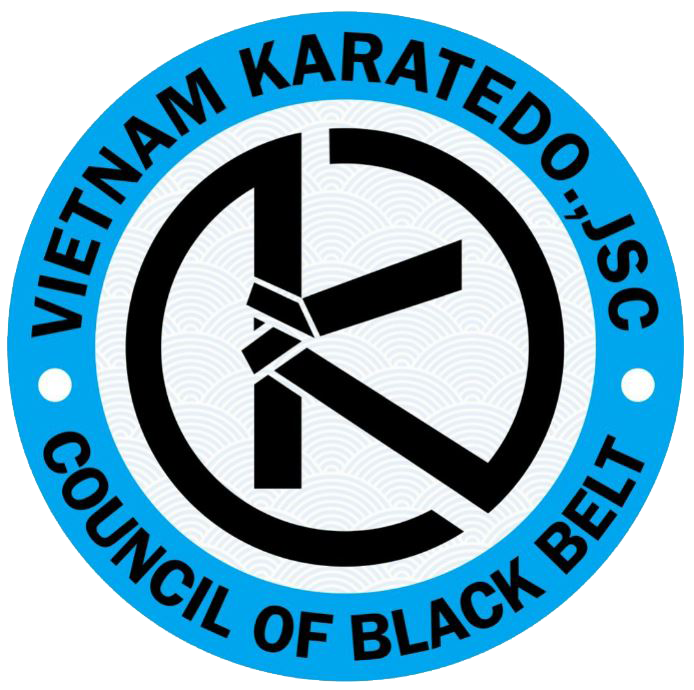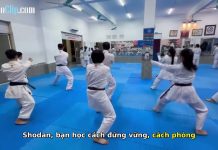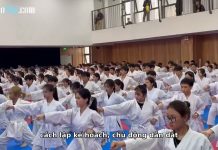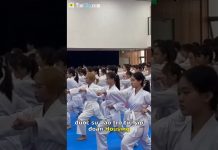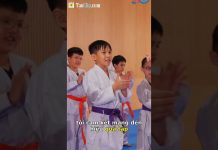Karate Kata Suparinpei Slow Qigong – A Fusion of Power, Breath, and Mindfulness
The phrase “Karate kata Suparinpei slow Qigong” is gaining attention among martial artists and wellness enthusiasts seeking a deeper connection between traditional karate and internal energy work. By slowing down the powerful kata Suparinpei and blending it with Qigong principles, practitioners discover a transformative practice that strengthens the body, sharpens the mind, and cultivates inner peace.
What is Suparinpei?
Suparinpei (also known as 108 Hands) is the most advanced kata in the Goju-Ryu karate system. It is rich in:
-
Explosive techniques
-
Complex breathing control
-
Dynamic transitions
-
Internal energy focus
Traditionally performed with precision and power, Suparinpei requires high-level control of both physical form and mental intention.
Why Practice Suparinpei as Slow Qigong?
Qigong is a Chinese internal art that focuses on breathing, intentional movement, and energy cultivation (Qi). When Suparinpei is performed slowly, with Qigong-style breathing and awareness, it transforms into a moving meditation.
Benefits of practicing Karate kata Suparinpei slow Qigong include:
1. Improved Breath Control
-
Deep diaphragmatic breathing
-
Synchronization of breath with movement
-
Oxygenation of the body and brain
-
Calming of the nervous system
2. Increased Mind-Body Awareness
Slow, mindful execution enhances your sensitivity to:
-
Posture alignment
-
Muscle tension and relaxation
-
Internal energy (Qi or Ki) movement
3. Better Balance and Coordination
By performing Suparinpei slowly, every transition is felt deeply. This improves:
-
Stability
-
Joint strength
-
Muscle memory
-
Control in both fast and slow performance
4. Stress Reduction and Mental Clarity
Moving slowly with focused intention has meditative effects, helping to:
-
Reduce anxiety
-
Quiet the mind
-
Sharpen focus
-
Build emotional resilience
How to Practice Karate Kata Suparinpei as Slow Qigong
Step 1: Warm Up with Qigong Breathing
-
Stand in Hachiji-dachi (natural stance)
-
Practice Dan Tian breathing (lower belly expansion)
-
Inhale slowly through the nose (4–6 seconds), exhale gently (6–8 seconds)
Step 2: Perform Suparinpei at 25–30% Speed
-
Focus on smooth, controlled movement
-
Let your breath guide your motion
-
Visualize energy flowing with each technique
-
Maintain relaxation in the face and shoulders
Step 3: Pause at Key Points
-
At transitions or stances, hold for 2–3 breaths
-
Feel rooted, like in Zhan Zhuang (standing meditation)
-
Let tension melt with each exhale
Who Can Benefit?
✅ Karate black belts seeking deeper understanding of kata
✅ Martial arts instructors teaching mind-body integration
✅ Wellness practitioners incorporating martial Qigong
✅ Seniors or those recovering who want low-impact energy training
✅ Meditators and yogis exploring martial movement
A Bridge Between Karate and Internal Arts
The slow Qigong approach to Suparinpei is not about changing the kata — it’s about deepening the experience. By blending traditional Okinawan martial arts with internal Chinese practices, you unlock a new layer of mastery: one that is calm, centered, and energetically aware.
This fusion is part of a growing global movement that respects the roots of martial arts while evolving to meet modern wellness needs.
Conclusion
If you’ve practiced Suparinpei for years or are just starting to explore it, try performing it slowly — not just as a kata, but as a Qigong practice. The keyword here is intent: every breath, every movement, every pause becomes part of a powerful inner dialogue.
Karate kata Suparinpei slow Qigong is more than a trend — it’s a journey toward martial harmony, internal health, and spiritual growth.
Ready to Begin?
Whether you’re a martial artist, a Qigong student, or simply curious, try this practice today. All you need is space, stillness, and a few minutes of focused breath.
🧘♂️ Karate is not only about power — it’s about presence.
